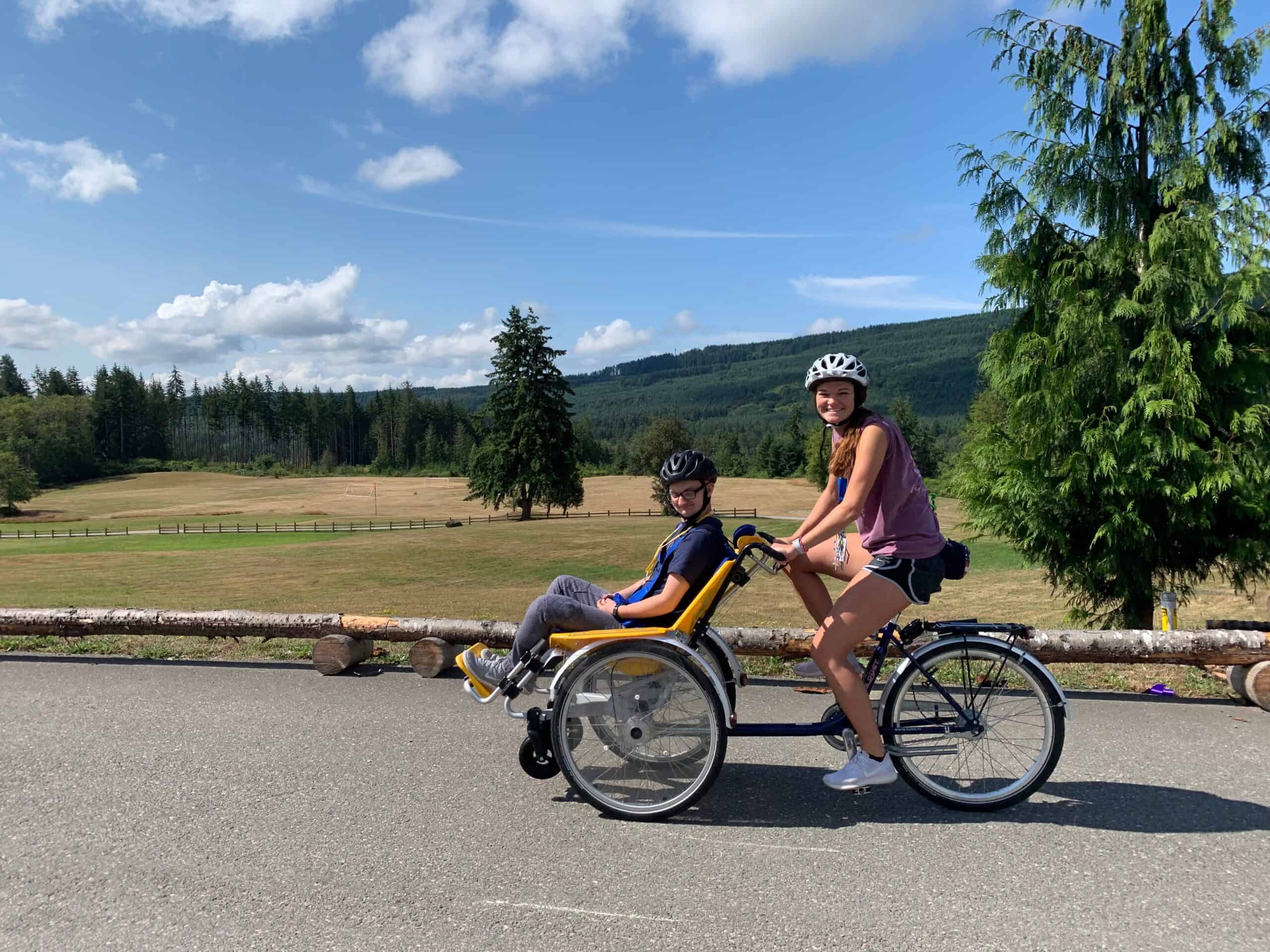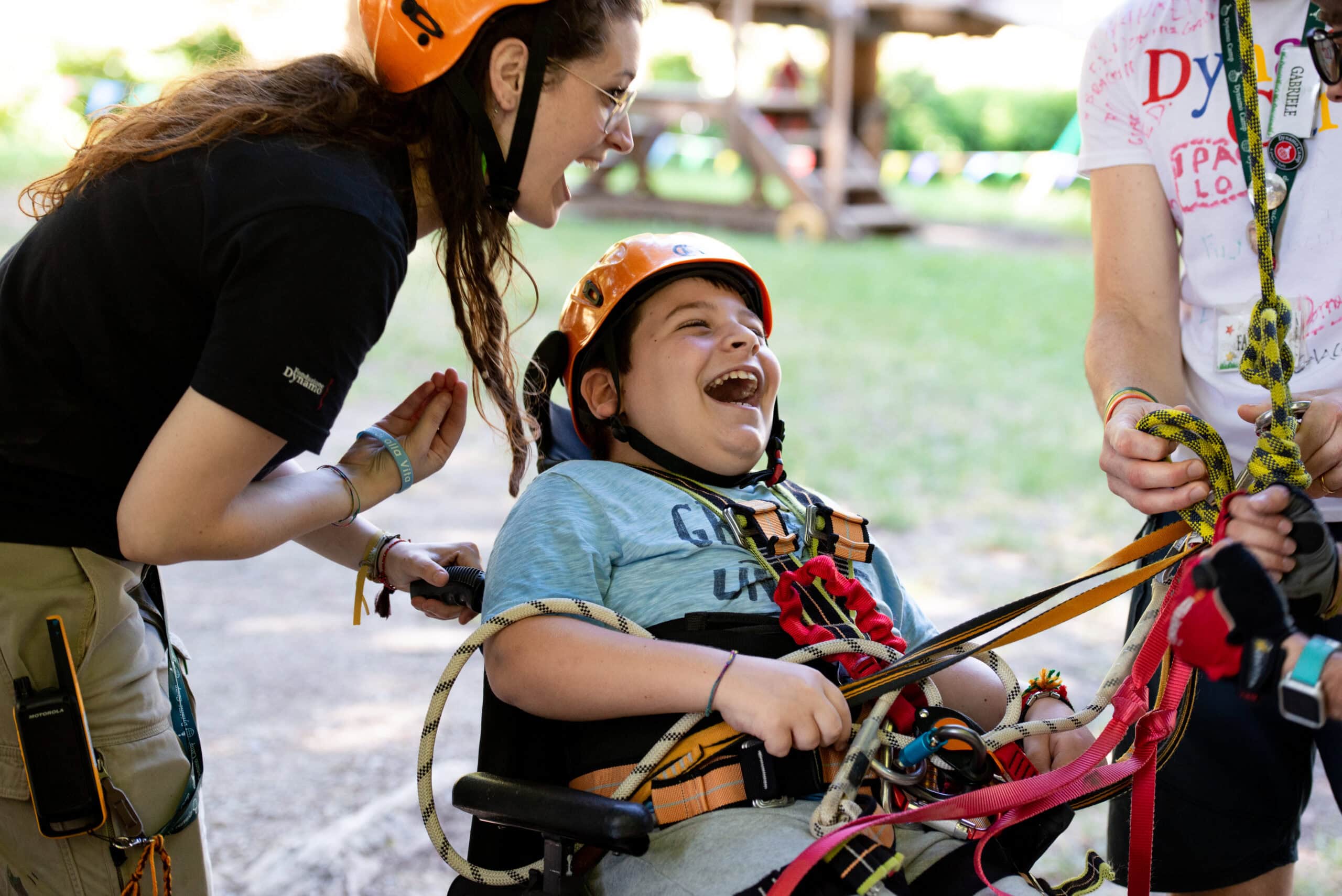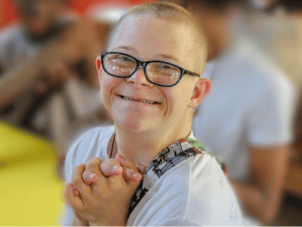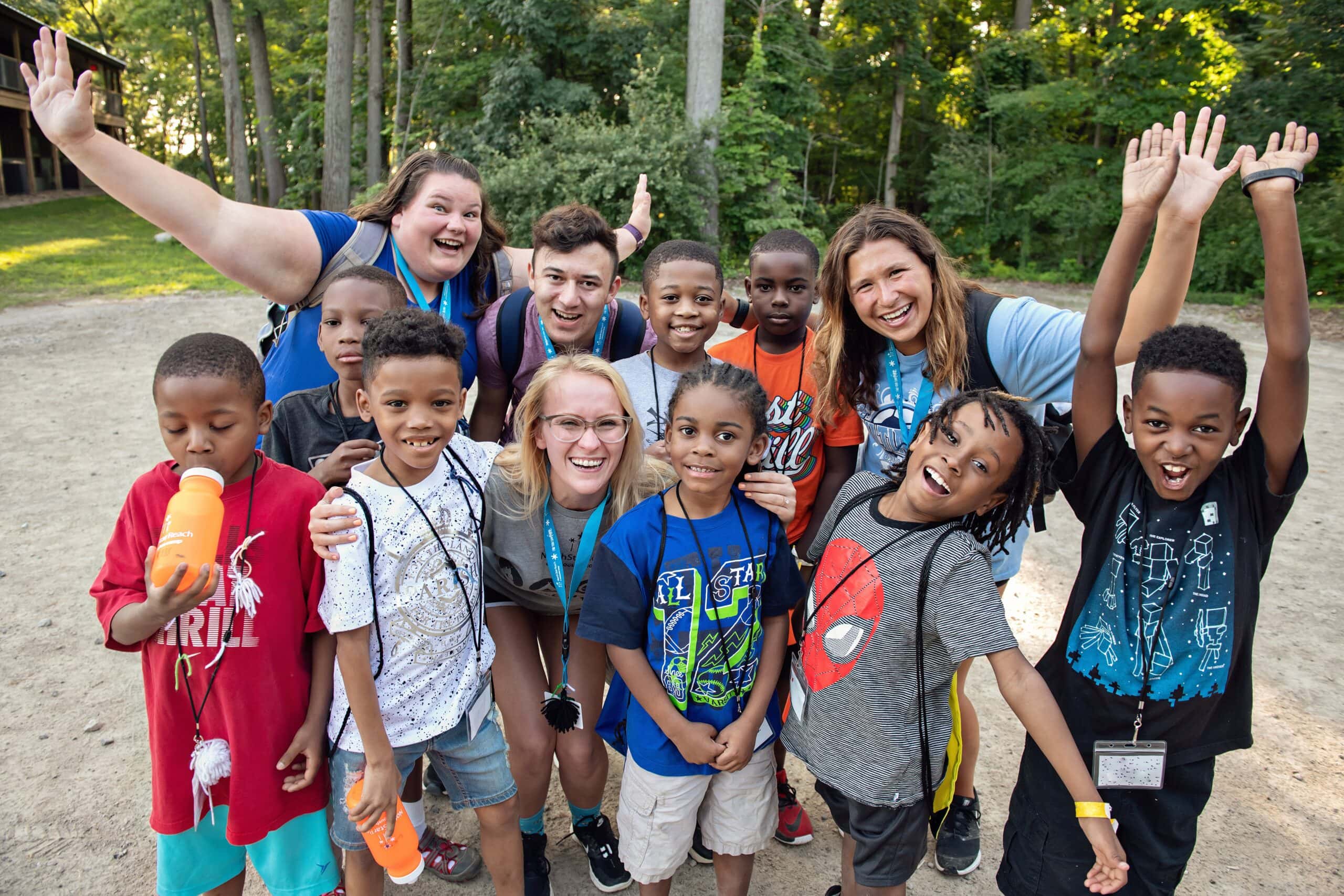Research
Discover how SeriousFun’s programs are transforming the lives of children
with serious illnesses and their families.
About Us / Research
Explore Our Research, Evaluations & Findings
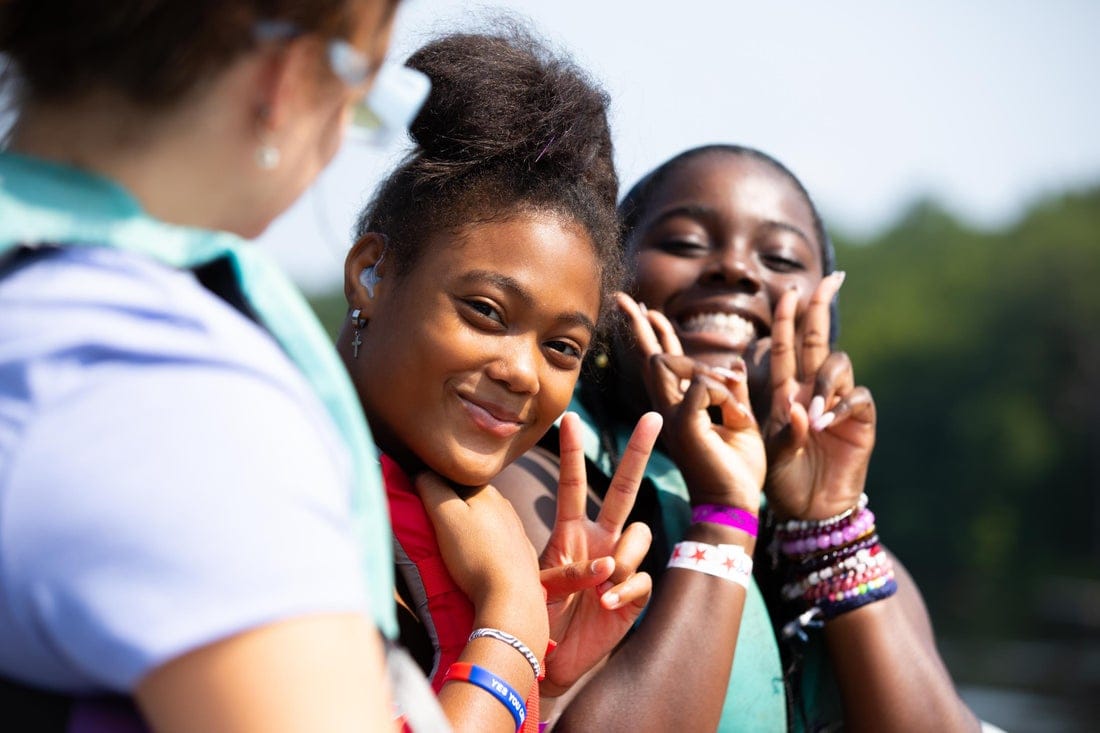
Recognizing the Importance of Mental Health & Wellness at SeriousFun Camps
At SeriousFun camps, emotional and mental health are just as important as physical well-being. Learn about our innovative initiatives—like the Mental Health Digital Hub at Bátor Tábor and Flying Horse Farms’ therapeutic programs—that are making a real difference in the lives of campers.
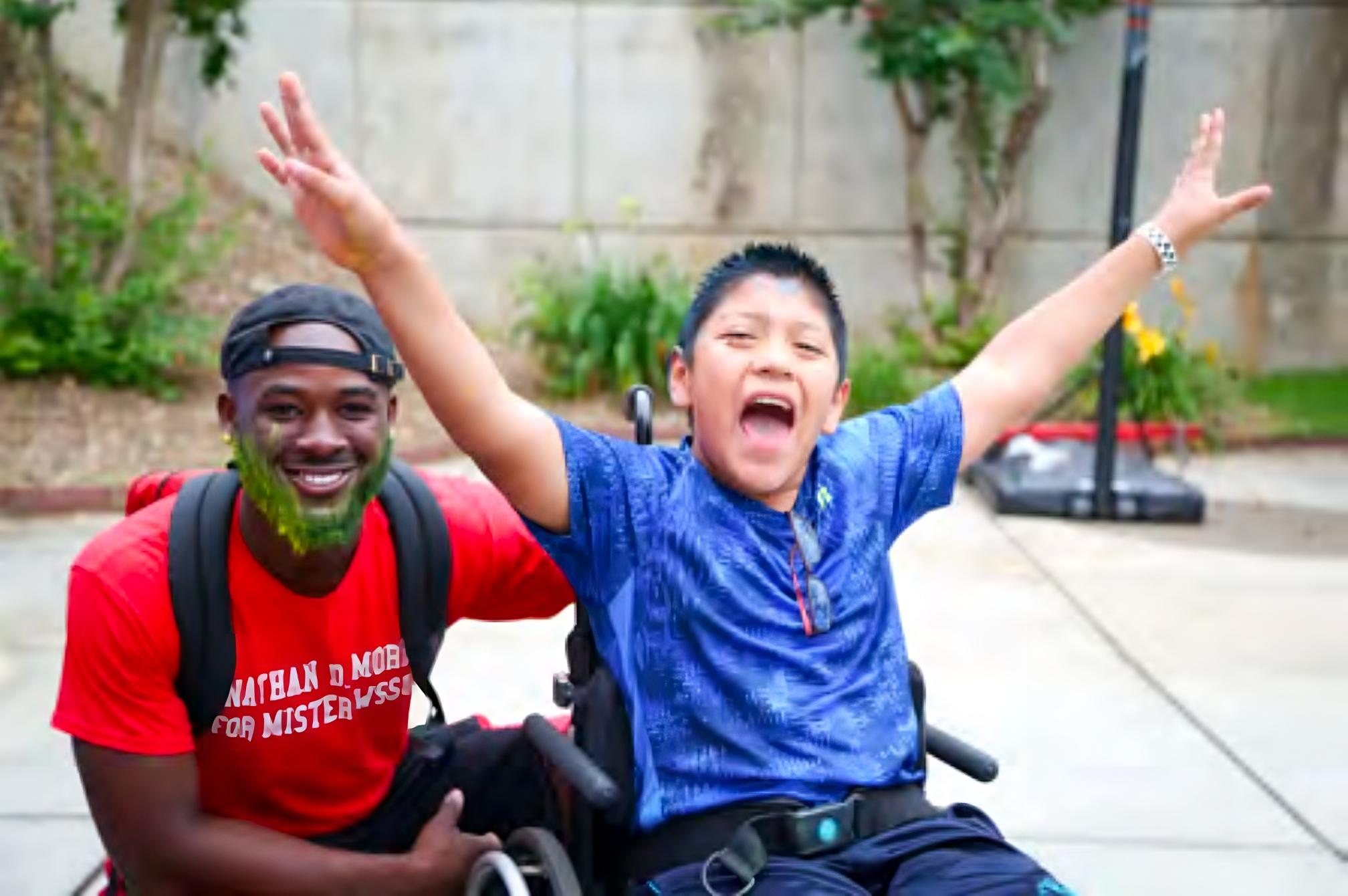
How Can Camps Track Progress Towards Their Diversity, Equity and Inclusion Goals?
At SeriousFun, we are committed to advancing equity to ensure that all youth feel valued and supported. Learn how we are using evaluation tools to monitor and improve our diversity, equity, and inclusion (DEI) efforts through thoughtful planning, reflection, and feedback.
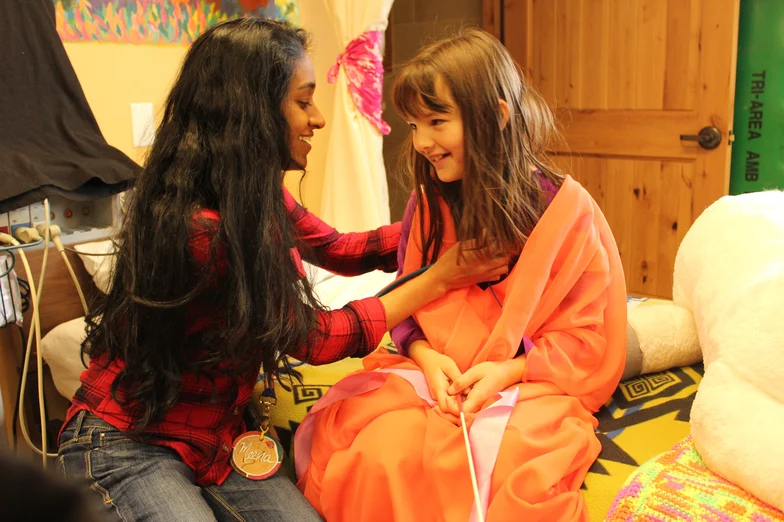
Study Reveals Improved Sense of Purpose in Medical Volunteers
Medical professionals find healing at SeriousFun camps: A groundbreaking study reveals how volunteering at SeriousFun camps reduces stress, fosters meaningful connections, and re-energizes the passion for medicine. Discover how these experiences transform both caregivers and kids.
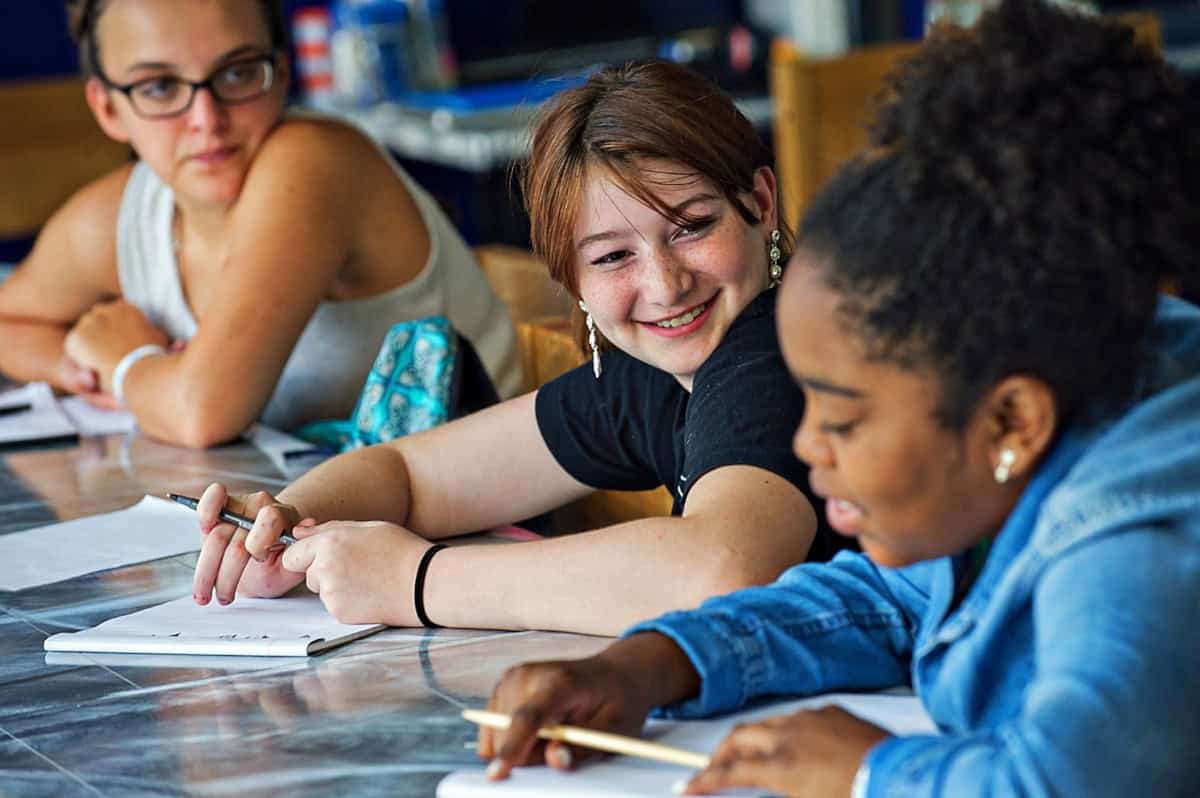
Research On The Impact and Benefits of SeriousFun Camps and Programs
Groundbreaking study reveals the lasting impact of SeriousFun camps: Alumni campers report life-changing benefits from their time at camp, including increased self-confidence, empathy, and medical self-advocacy. Discover how SeriousFun camps shape kids’ futures long after they leave.
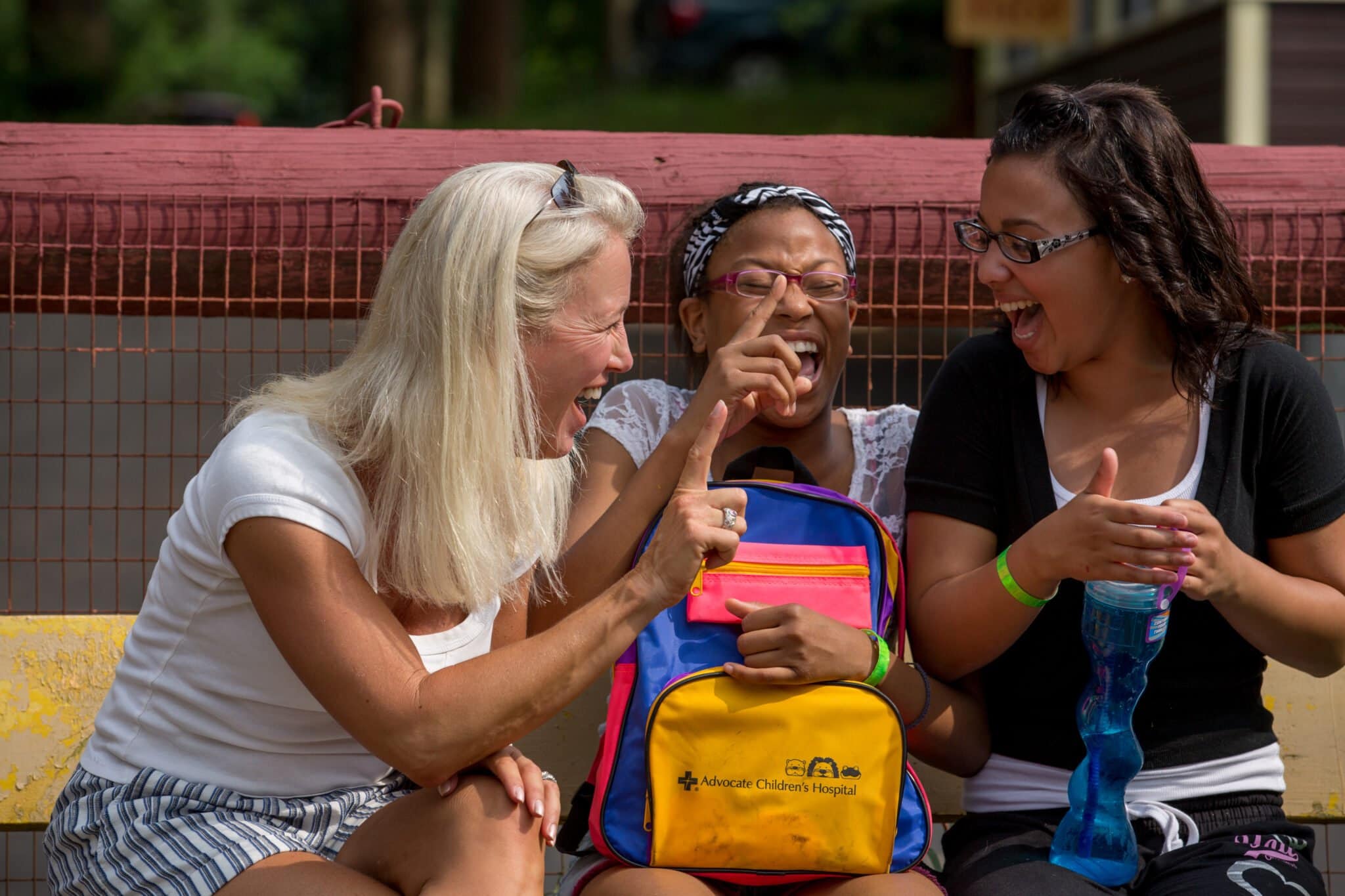
NEW OUTCOMES STUDY: The Lasting Impact of SeriousFun Camps
SeriousFun camps change lives—and now, data proves it. A groundbreaking study highlights the lasting benefits of camp participation, from personal growth to improved health. See the powerful outcomes that continue to shape our alumni.

Impact That’s Built on a Strong Foundation
Our measurable impact is not by chance — it results from a carefully designed approach known as our Theory of Change.
Additional Studies
Perceptions of health care professionals on the effects of residential summer camp in their patients
Results showed that healthcare providers perceived camp to be a positive influence on campers’ normalization and healthcare ownership, and to strengthen patient-provider relationships. Providers contextualized their assertions by discussing the settings of camp and of patients. However, providers also identified multiple barriers perceived as limiting a camp experience’s ability to create lasting changes in patients’ attitudes or behaviors.
The Barretstown experience: a rite of passage
The Barretstown experience may be a life-enhancing ritual process and an important social experience in chronic severe childhood illnesses.
The core features and outcomes of a specialised camp programme for children with life-limiting conditions and their families: A qualitative multi-perspective approach
Noted outcomes include lasting memories, continued peer relations for parents and siblings and enhancement of relationships between family members and professionals. Findings suggest that specialised camp programmes may provide families of children with LLC with positive experiences that support adjustment, although further research is required.
Camp experiences in the lives of adolescents with serious illnesses
Abstract: This study explored the experiences of a summer camp for adolescents with serious illnesses and included interview responses from campers with different types of serious illnesses. Twenty-four youth aged 14–15 with cancer, sickle cell disease, HIV/AIDS, or metabolic diseases provided videotaped interviews that were analyzed using an interpretative phenomenological approach, and frequencies of responses per theme and diagnosis were computed. Camp experiences varied across diagnostic groups and featured: a sense of belonging, enjoyment, being myself, positive affect, camp programming, adult staff, personal growth, and escape. Some qualitative variations existed between diagnosis groups. Campers with cancer perceived camp as a place for sense of belonging, personal growth, and escape. Campers with HIV/AIDS perceived camp as an opportunity for a sense of belonging, being myself, camp programming, and escape. Campers with sickle cell disease perceived camp as a place for enjoyment, adult staff, being myself, personal growth, and escape. Campers with metabolic diseases perceived camp as a place for personal growth and positive affect. Professionals caring for youth with serious illnesses should consider adding camp to the list of interventions to promote children’s well-being.
Perceptions of health care professionals on the effects of residential summer camp in their patients
Results: Results showed that healthcare providers perceived camp to be a positive influence on campers’ normalization and healthcare ownership, and to strengthen patient-provider relationships. Providers contextualized their assertions by discussing the settings of camp and of patients. However, providers also identified multiple barriers perceived as limiting a camp experience’s ability to create lasting changes in patients’ attitudes or behaviors. Conclusions: While healthcare providers in this study perceived camp as being a positive opportunity for patients, the potential for long-lasting effects was seen to be hindered by factors external to the camp and changes in patients’ attitudes or behaviors can be difficult to ascribe to the camp experience.
